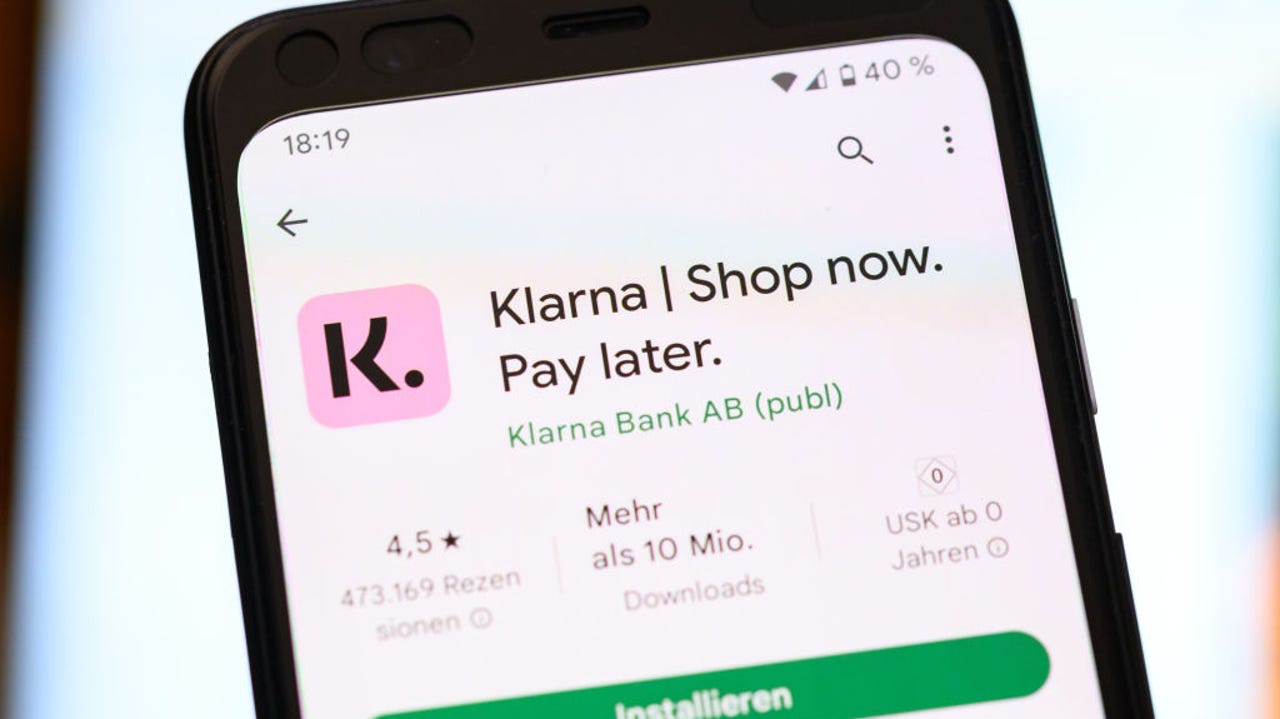[ad_1]

OpenAI launched ChatGPT Enterprise this week to give businesses access to its popular chatbot technology with added protections and capabilities. Among its first customers is a bank.
If you are a fan of “buy now, pay later” services, you are likely familiar with Klarna. The company offers flexible payment options for online shoppers and deal recommendations.
Also: The moment I realized ChatGPT Plus was a game-changer for my business
Now, Klarna is the only bank among ChatGPT Enterprise’s launch customers.
Klarna is using ChatGPT Enterprise to bring the power of AI to all Klarna employees, taking advantage of the added security measures and higher speed made available through the enterprise version of the chatbot.
Klarna isn’t new to using AI for its business model. In addition to its own AI-based tools, such as its AI-product recommendation engine, the company implemented OpenAI’s API, which 2,500 Klarna employees have leveraged for a variety of use cases. These include AI-powered shopping recommendations and even customer service, according to the company.
Also: How to use Claude AI (and how it’s different from ChatGPT)
Although 2,500 employees is a significant amount of employees implementing ChatGPT into their workflows, it accounts for only 50% of Klarna employees. Klarna CEO Sebastian Siemiatowski wants to ensure that more employees use the technology.
“So even though we push everyone to test, test, test and explore, still only 50 percent of our employees use it daily,” said Siemiatowski. “That’s why we have to find new ways to get more people to use OpenAI’s fantastic tech.”
The hope is that by implementing ChatGPT Enterprise, that number will increase from 2,500 employees to everyone at Klarna, ensuring all employees can access and use ChatGPT.
Also: Meta uses your Facebook data to train its AI. Here’s how to opt out (sort of)
“With the integration of ChatGPT Enterprise, we’re aimed at achieving a new level of employee empowerment, enhancing both our team’s performance and the customer experience,” said Sebastian Siemiatkowski, CEO of Klarna.
The optimism and commitment Siemiatkowski has in regard to expanding AI usage at Klarna is notable because it differs from most banks’ strategies, including Bank of America, Citigroup, JPMorgan Chase, Goldman Sachs, and Wells Fargo, which have taken an entirely different approach by reportedly banning AI usage entirely.
These banks’ decisions to ban generative AI chatbots are likely motivated by concerns about privacy and data security, especially because generative AI models notoriously use user data inputs to train their models further.
Also: Only 18% of Americans have ever used ChatGPT, according to Pew Research
Clearly these concerns aren’t stopping Klarna or other early users of ChatGPT Enterprise, such as Block, Canva, Carlyle, The Estée Lauder Companies, PwC, and Zapier, from adopting the technology. If these companies’ implementations are successful, they will likely help build trust and encourage other companies to adopt ChatGPT Enterprise as well.
[ad_2]
Source link

